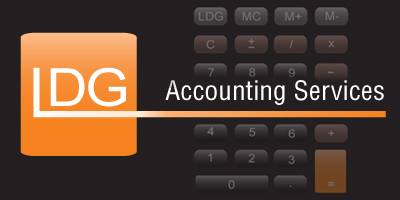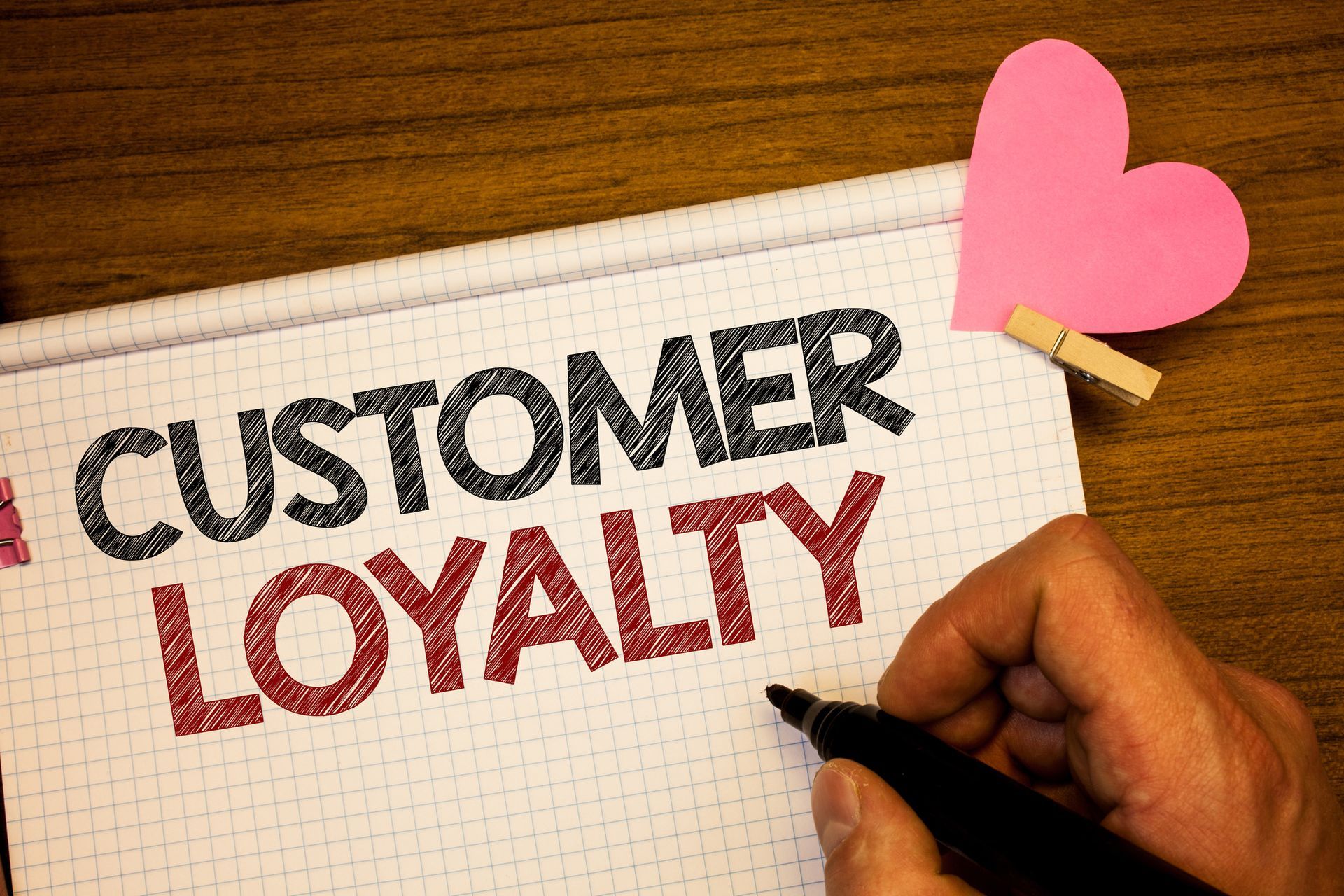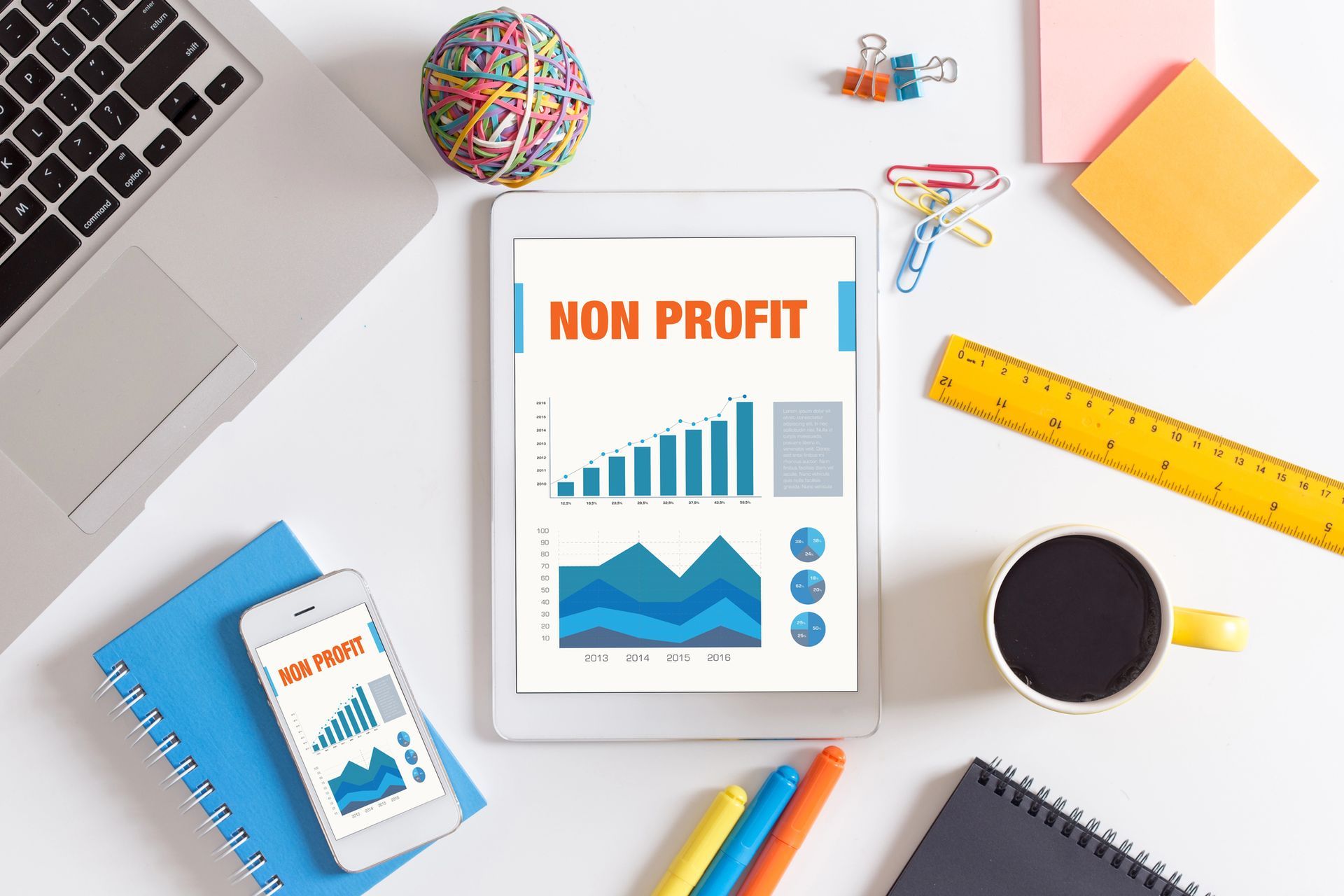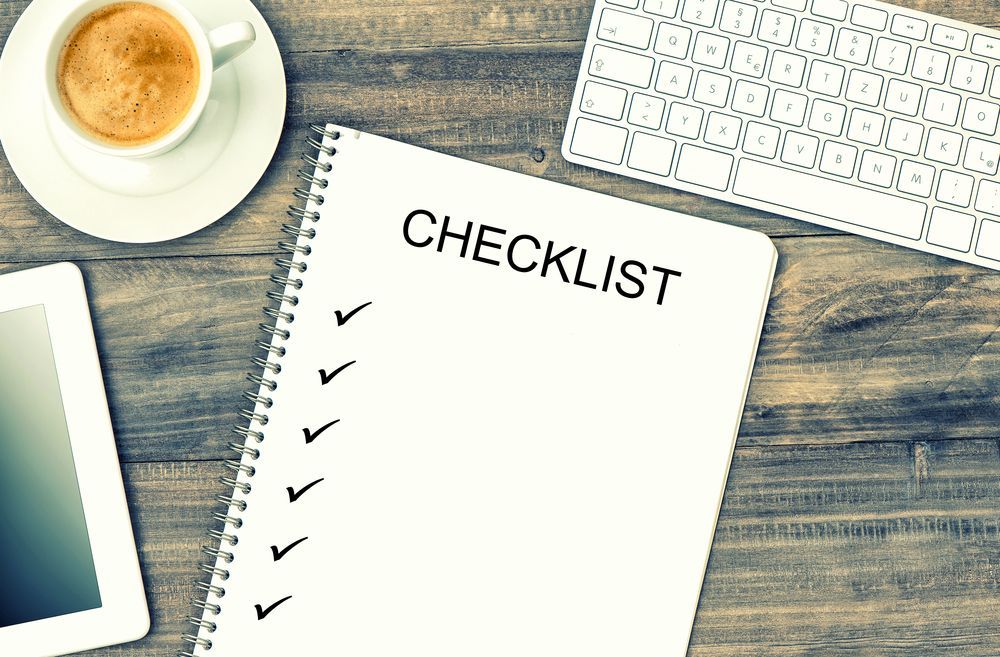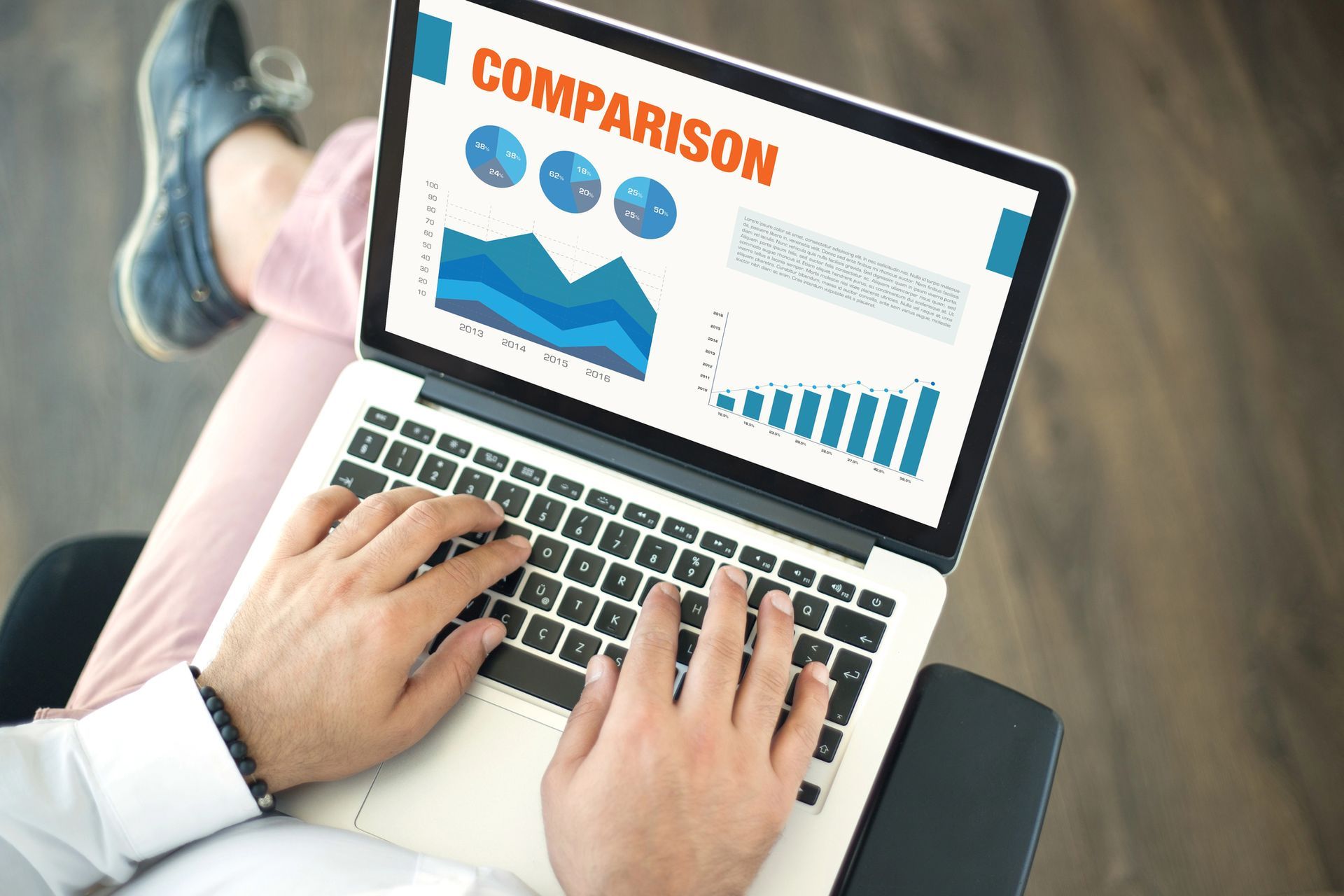Starting a New Business? The Important Steps To Take - Part 2
Step Three: Determining your Accounting System
Accrual or Cash System
The first step in determining your accounting system is deciding whether to utilize an accrual or cash system. Both are used to track your revenue and expenses and offer your business several advantages and disadvantages. Accrual accounting counts revenue and expenses when they are earned or spent, not when the money actually changes bank accounts. For example, a customer purchases your product for $100 on 10/28 and you receive the funds in your account four days later on 11/1. Accrual accounting records it as revenue in October, even though you don’t have access to that money yet. The same principle applies to expenses. Although the accrual system is more complicated, it shows a more accurate view of the company’s overall profitability as it tracks all accounts receivable and payable. The main drawback to this system is that you have to keep tabs on your bank account balance. If not, you may have significant revenue in the system, but the bank account could be in the negative.
The second method of tracking your business finances is cash basis accounting. With this method, revenue and expenses are recorded only once money has changed hands. With the previous example, that $100 from 10/28 would be considered November revenue since it posted 11/1. The cash basis method is simpler and ensures that you always know how much cash you have on hand. At the same time, this method may create long-term headaches if you don’t plan for scheduled accounts payable in the future. This can be far more important if your business will have dramatic seasonal shifts in revenue. If the bulk of your revenue is derived from summer vacation spending, your profits would be even more concentrated than under the accrual method.
Both methods provide a partial financial view of your company, but require you as the owner to keep a close lookout for potential problems, whether it be in the short term cash flow issues with the accrual system or more drawn out concerns with tracking when revenue is actually earned. One final point to consider is the future growth of your business.
Determine Your Fiscal Year End Date
While choosing your accounting system affects day to day operations, another important task is to determine your Fiscal Year end date. It should be noted that most small businesses have no choice and have to use the calendar year date of December 31st. This is especially true if your business is a sole proprietorship and most LLCs. If you can change your fiscal year date, you should consider whether doing so will actually benefit your company. You might want the end of your fiscal year to coincide with the end of your business’ busy period. If a significant amount of your revenue is during the summer, a year end date around September 30th may be better. If you decide to change, do know you will need IRS approval.
Step Four: Small Business Software Options
Last time, we looked at determining your accounting system and the end date for your fiscal year. Once you have made these decisions, you can now consider software and external help for your startup. You will need to choose these for a bill pay system, point of sale (POS) system and payroll. There are more than a handful of excellent options for each of these and the purpose of this blog is not to recommend one over another. Instead start by going through potential sale points, vendor locations and estimated number of employees. (You may have already done this part of your earlier startup plans.) Then, research your options to see which one best fits your business and where it will be headed in the future.
Pay Suppliers
First, consider how you will pay suppliers. There are many bill pay systems on the market today but not all are configured for every business. Some charge by the transaction, which can be cost-effective for startups. Others have flat monthly fees, so if you know you are going to have a large number of individual transactions, it may be beneficial to choose this option. You should also consider if you will be sending payments overseas, as some options do not have international bill pay.
Processing Payments
While some bill pay systems offer POS features, today’s mobile culture requires business owners to make sure they can also take payments on the go. Some factors to consider are cost (initial setup plus monthly fees) whether you want to use it with different applications, mobility, and required equipment. If you plan to accept payments at events and want to use a mobile device, check that the POS system is compatible, especially if it's an iPad. One word of caution here. Many credit card processors will offer “free” equipment in exchange for you signing a long-term contract. These are usually not beneficial for a startup as you usually end up paying up to 4 times the value of the equipment in the long run.
Payroll
The third piece of the software puzzle is payroll. As you will learn tax withholdings can be a nightmare. Choose a payroll provider that can handle everything. Direct deposit, tax payments, and year end filings. Many can create customizable reports and even send the insurance company their monthly premiums. As with bill pay and POS, make sure you are choosing an option that checks off all of your needs.
Choose Accounting Software Wisely
Tying all these parts together is your accounting software. Accounting software replaces a stack of spreadsheets and paperwork, plus hours of your time with accurate reports on accounts receivable and payable, profitability analysis and tax prep documents. There is accounting software for every size business and each offers a range of packages. Make sure to do your research, as some programs are built for specific businesses such as micros or service-based startups.
Like so many steps in starting your own business, take the time to look over your needs before choosing software. Many companies offer great introductory deals and it's easy to upgrade features and packages as your business grows. If all of this accounting jargon seems overwhelming, let us help! Reach out to us today.
